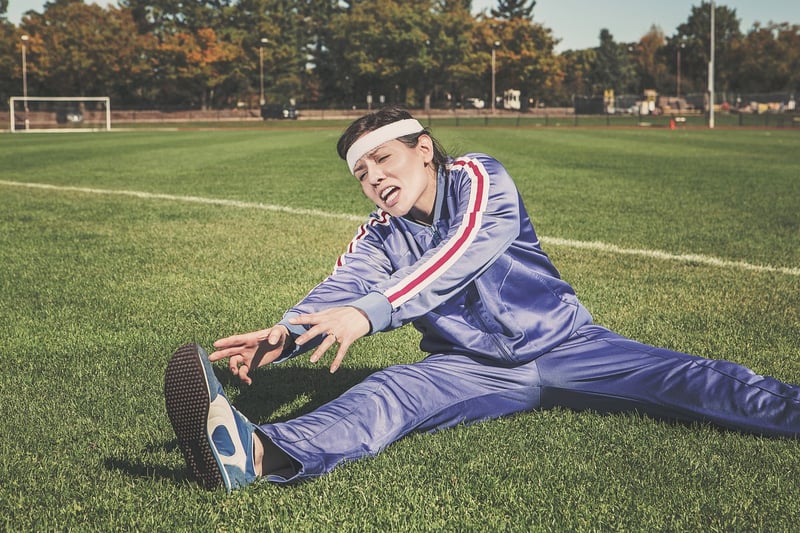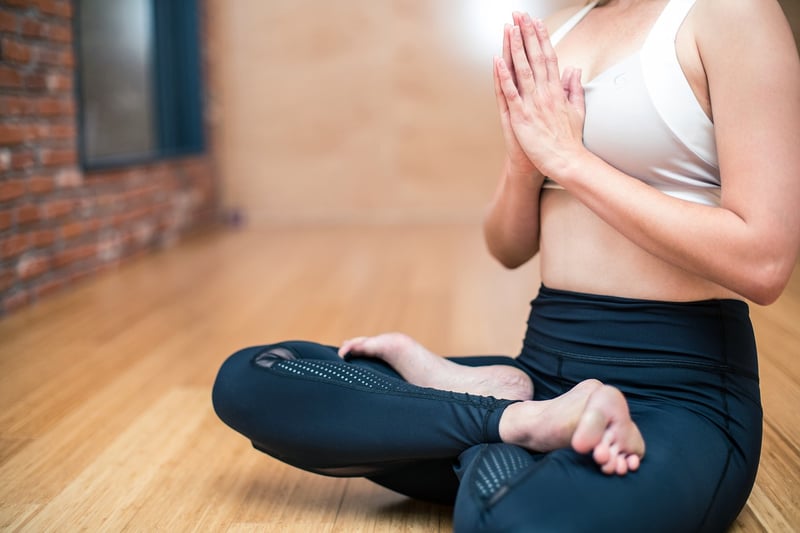Barre
The Importance of Core Strength and Flexibility in Barre Workouts
Barre workouts have gained popularity in recent years for their ability to sculpt long, lean muscles and improve overall flexibility. Central to the effectiveness of barre exercises is the focus on core strength and flexibility.
Why Core Strength Matters
Your core muscles, including the abdominals, obliques, and lower back muscles, play a crucial role in stabilizing your body during barre movements. A strong core not only improves your balance and posture but also helps prevent injuries by supporting your spine and pelvis.

The Role of Flexibility
Flexibility is equally important in barre workouts as it allows for a greater range of motion, deeper stretches, and improved muscle recovery. By incorporating flexibility exercises into your routine, you can enhance your overall performance and reduce the risk of muscle tightness and soreness.

Barre Exercises for Core Strength and Flexibility
Many barre routines specifically target the core muscles through movements that engage the abdominals and promote stability. Incorporating exercises like planks, leg lifts, and Pilates-inspired moves can help strengthen your core and improve your overall body awareness.
Additionally, stretching exercises such as hamstring stretches, hip openers, and backbends can help improve flexibility and prevent muscle imbalances.
Benefits of Core Strength and Flexibility in Barre
- Enhanced balance and stability
- Improved posture and body alignment
- Reduced risk of injuries
- Increased muscle tone and definition
- Greater range of motion and flexibility
- Enhanced mind-body connection
By focusing on developing core strength and flexibility in your barre practice, you can reap the full benefits of this dynamic and challenging workout, leading to a stronger, more balanced, and healthier body.
Remember to always listen to your body, modify exercises as needed, and consult with a fitness professional if you have any underlying health conditions.
